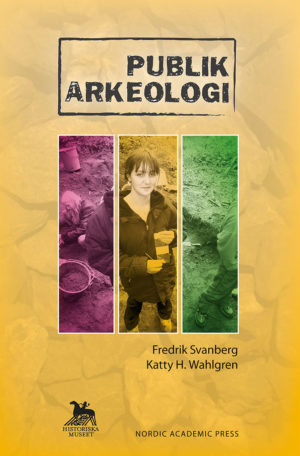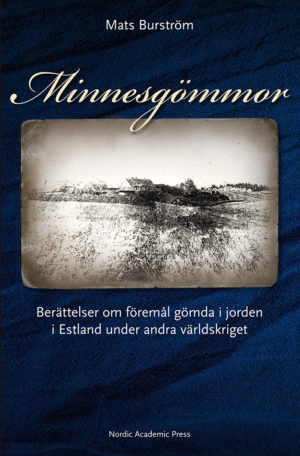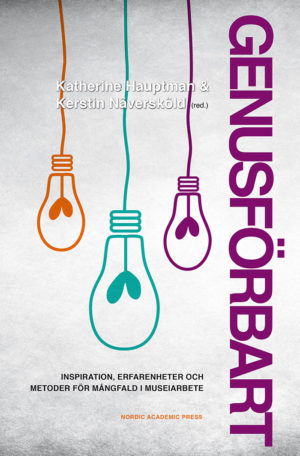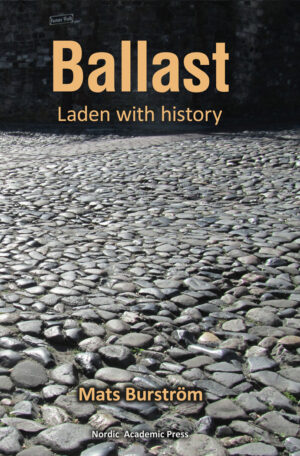Facing the Sea
235.00 kr
Essays in Swedish Maritime Studies
Simon Ekström & Leos Müller (red.)
Scroll down for information in English.
Havet har flera ansikten – ofta rofyllt och välkomnande, men också våldsamt och dödsbringande. I årtusenden har havet varit en scen för liv, handel och krig och misslyckanden.
I Facing the Sea får vi ta del av svenska erfarenheter av havet. Vi får läsa om smugglare från Åland, brittiska kapare som beslagtar svenska skepp och marinofficerare som kämpar för flaggans heder. Vi ser också vad en katastrof till sjöss eller bärgandet av ett skeppsvrak kan berätta om samhället i dåtid och nutid, och varför allt fler människor väljer att begrava sina anhöriga till sjöss. Rösterna av barn som i krigstid tagit den farliga flyktvägen över Östersjön ger ytterligare en dimension till innehållet.
Facing the Sea har författats av elva forskare som tillsammans representerar ett axplock av den forskning som bedrivs vid Centrum för maritima studier (CEMAS) vid Stockholms universitet. Författarna är historiker, etnologer och marinarkeologer med koppling till forskningscentret.
Medverkande
Mirja Arnshav, CEMAS & Stockholms universitet
Henrik Arnstad, Södertörns högskola
Simon Ekström, CEMAS & Stockholms universitet
Niklas Eriksson, CEMAS & Stockholms universitet
Anna Maria Forssberg, Vasamuseet
Ida Hughes Tidlund, CEMAS & Stockholms universitet
Hanna Jansson, CEMAS & Stockholms universitet
Fredrik Kämpe, CEMAS & Stockholms universitet
Andreas Linderoth, Marinmuseum
Leos Müller, CEMAS & Stockholms universitet
Abigail Christine Parkes, University of Southampton
English
The sea has many faces. Some are calm and welcoming, others ferocious and death-dealing. For centuries of human history, the sea has seen peaceful trade and war, life and death and failure.
In Facing the Sea we meet Swedish experiences of the sea. We can read about smugglers from the Åland Islands, about British privateers seizing Swedish ships, and about Swedish naval officers defending the honour of the flag. We also learn what a disaster at sea or the salvage of a shipwreck can say about past and present societies, and why more and more Swedes choose burial at sea for their loved ones. We hear the voices of children who made the dangerous escape to Sweden in wartime by crossing the Baltic Sea.
These are a few of the stories written by the eleven researchers who present a smorgasbord of recent work carried out at the Centre for Maritime Studies (CEMAS) at Stockholm University. The contributors are historians, ethnologists, and maritime archaeologists associated with the centre.
Klicka här för att läsa mer om CEMAS och deras forskning.
As an introduction to the multifaceted research undertaken by CEMAS, the volume works well; the great diversity of essays means that there is something for everyone.
International Journal of Maritime History, 34 (3), 2022
In sum, Facing the Sea is a pleasant and worthwhile read, giving a good idea of the range of approaches that can be practised under the umbrella of maritime studies. Furthermore, the value of the volume is enhanced by copious illustrations.
H-Soz-Kult, 2023-09-23
All told, Facing the Sea represents an impressive collection of essays that demonstrates the wealth, breadth, and ambition of Swedish maritime research. That ambition shines through in each chapter with every author providing insightful and unique research while also remaining forward facing.
The Mariner’s Mirror, 109 (4), 2023
Författare
Simon Ekström är Professor i etnologi vid Stockholms universitet och forskare vid Centrum för maritima studier. Inom det maritima forskningsfältet har han publicerat Humrarna och evigheten: Kulturhistoriska essäer om konsumtion, begär och död (2017). Han är också redaktör tillsammans med Leos Müller för CEMAS senaste antologi Angöringar: Berättelser och kunskap från havet (2017). Just nu forskar han om hur objekt och berättelser relaterade till mänsklig död ges utrymme i museisamlingar och utställningar.
Leos Müller är Professor i historia och föreståndare för Centrum för maritima studier vid Stockholms universitet. Hans forskningsintressen rör svensk maritim historia, tidigmodern neutralitet och Sveriges plats inom globalhistoria. Några av hans publikationer är Consuls, Corsairs and Commerce: The Swedish Consular Service and Long-Distance Shipping, 1720–1815 (2004), Sveriges första globala århundrade: En 1700-tals historia (2018) och Neutrality in World History: Themes in World History (2019). Han är redaktör (med Simon Ekström) för CEMAS senaste antologi Angöringar: Berättelser och kunskap från havet (2017).
Information
| Boktyp | Inbunden |
|---|---|
| Författare | Leos Müller, Simon Ekström |
| Illustrerad | Rikt illustrerad i färg |
| ISBN | 978-91-89361-03-4 |
| Pris | 235 kr |
| Sidantal | 292 sid |
| Titel | Facing the Sea: Essays in Swedish Maritime Studies |
| Utgiven | 2021 |








